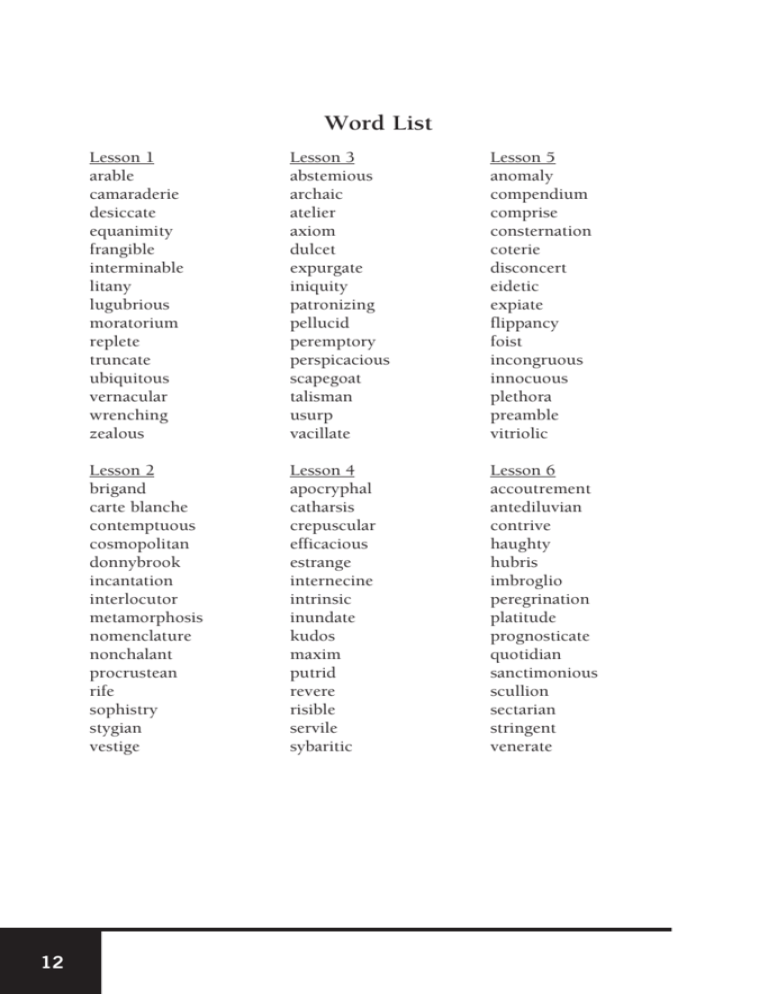

(Kudos today is owed Jackie Strauss for suggesting today's often mistaken Good word.)

The S did remain in the Germanic languages, however, where it turns up on German schön "beautiful" and English show from Old English sceawian. It also did not make it to Latin, where it emerged as cautio(n) "wariness" or to Serbian, where today it is chuvati "watch, heed". It comes from an earlier Proto-Indo-European base that was something like skeue- "pay attention to" with a Fickle S that did not make it to Greek. Word History: Greek kudos "fame, renown" is a noun created from the verb koein "to hear, perceive". So here is how we would use the original word: "Kudos is due whoever repaired the faucet in the ladies restroom." The new form allows statements like this: "Rhoda Book's new novel received only one kudo-from the local newspaper." Still, he does not encourage the kind of speech error that led to the pluralization of today's Good Word. Goodword would never stand in the way of lexical progress, which often results from errors. Singular forms pea and cherry were created the same way from the originally singular nouns pease and cheris. The process of misanalyzing a word and creating a previously nonexistent word from it is called "backformation". It should be in a class with pathos and have no plural, but the US media have long used kudo as though it referred to a single act of praise. Notes: Even though the Oxford English Dictionary claims that today's Good Word is singular and kudo is unacceptable, this word has been so widely mispronounced in the US, that most of us here take it as the plural.


 0 kommentar(er)
0 kommentar(er)
